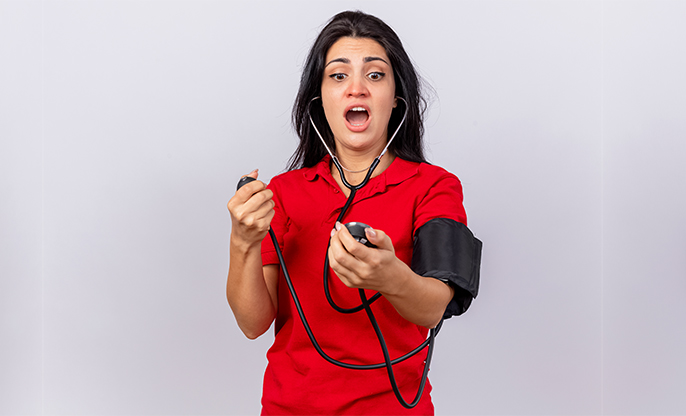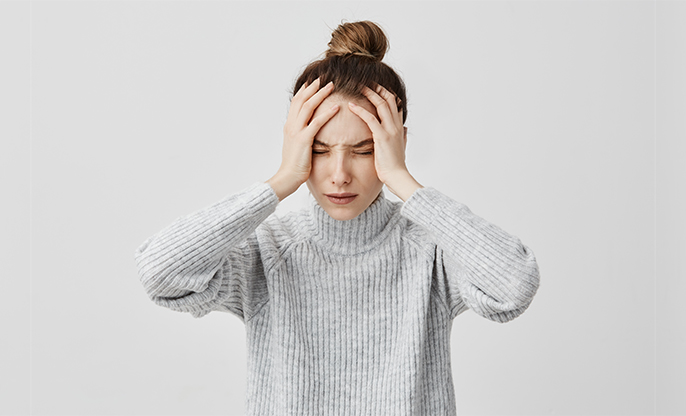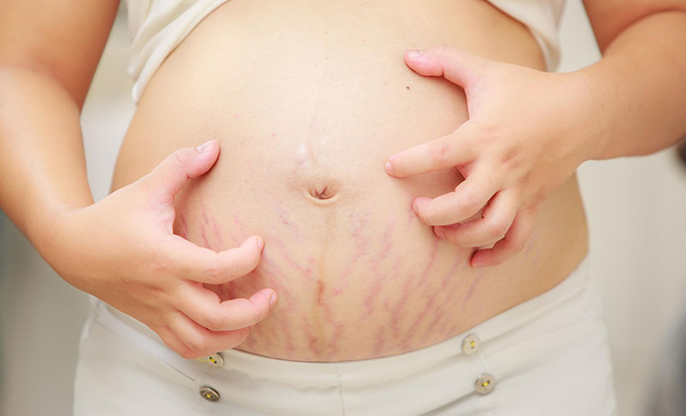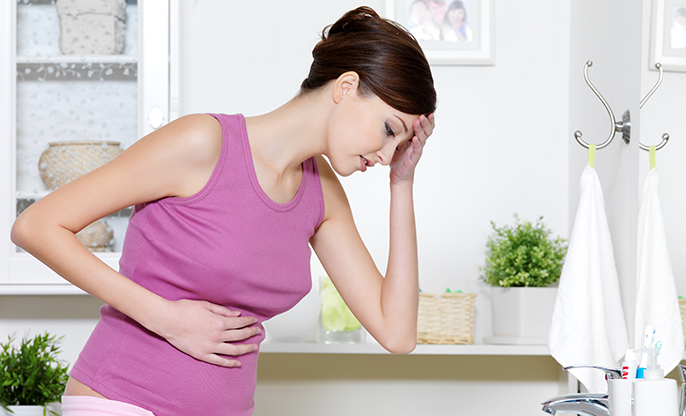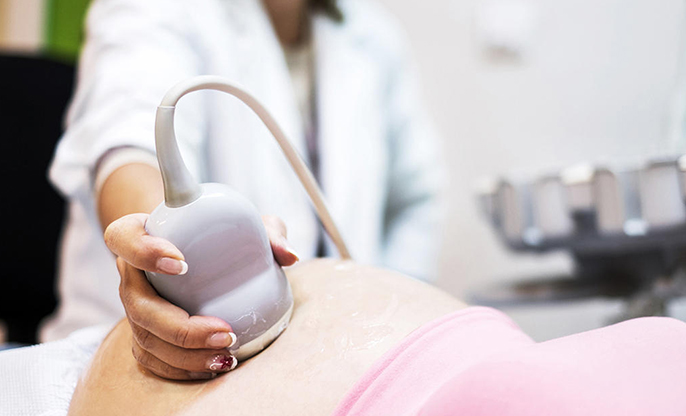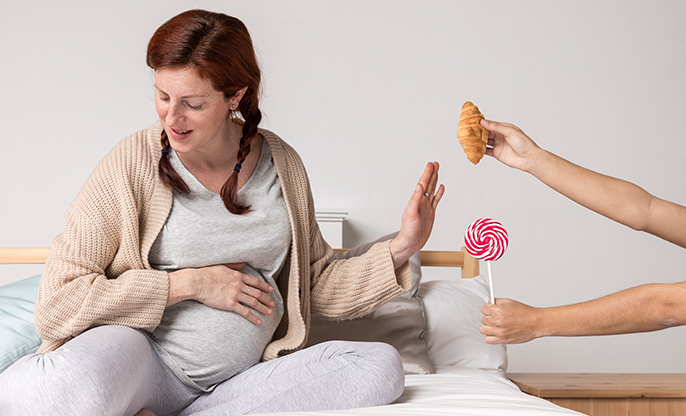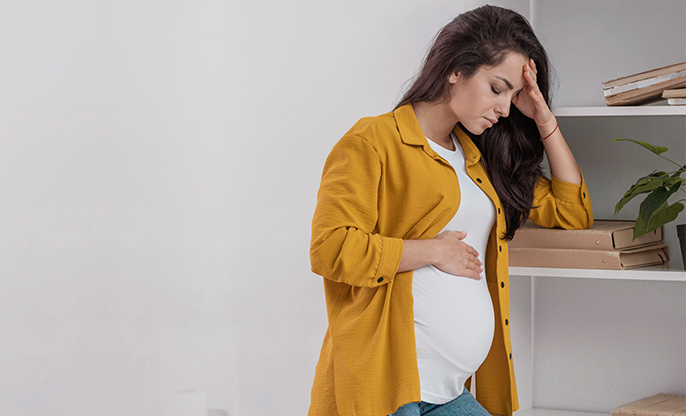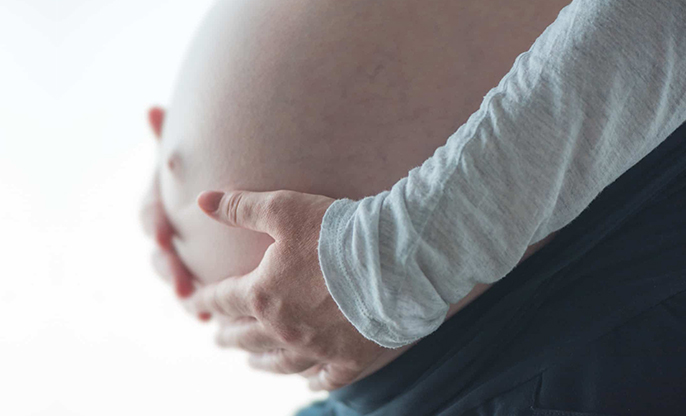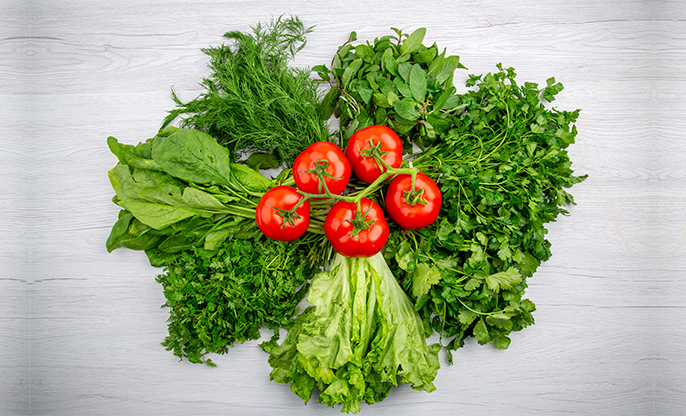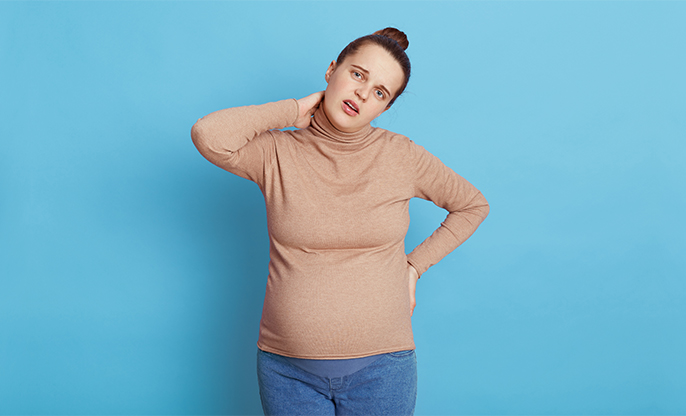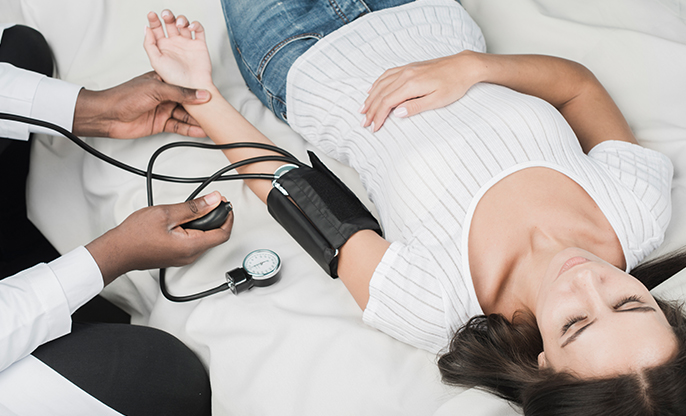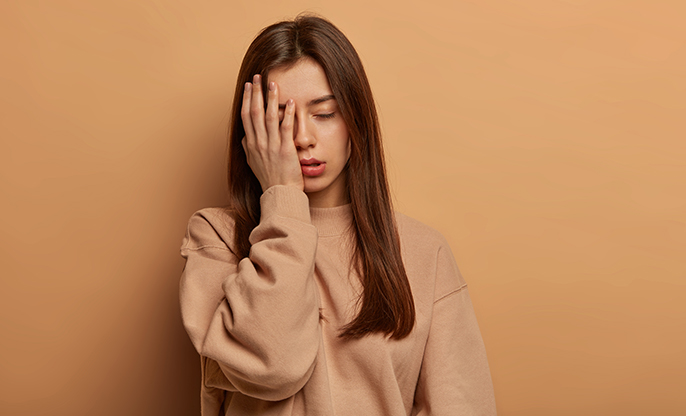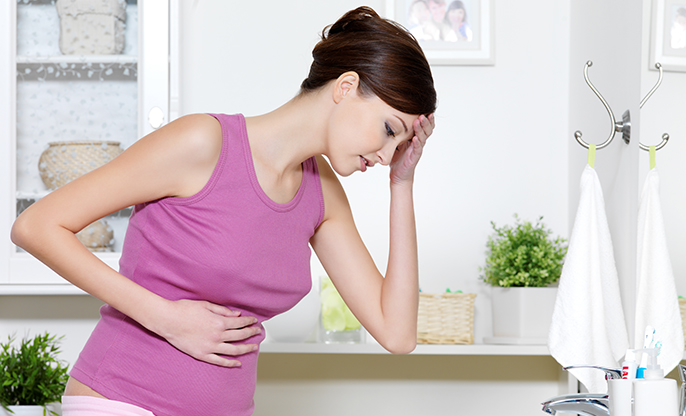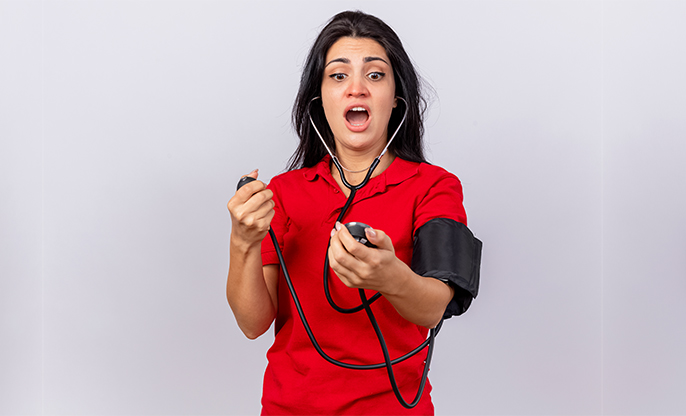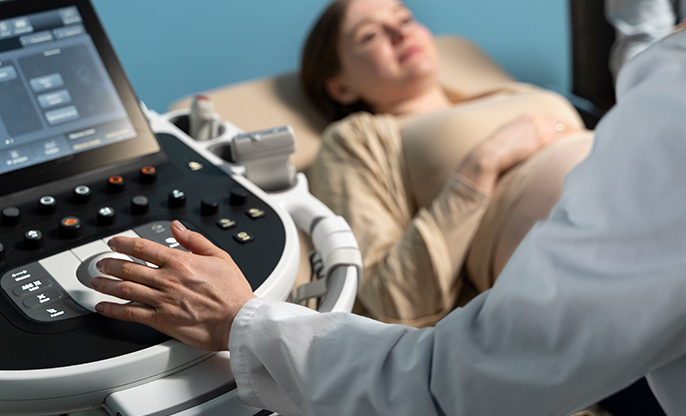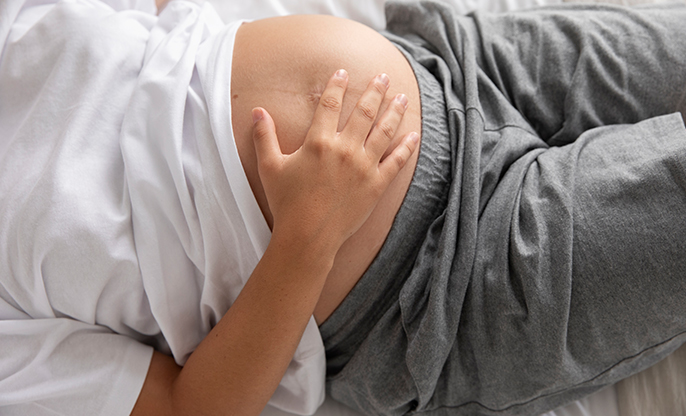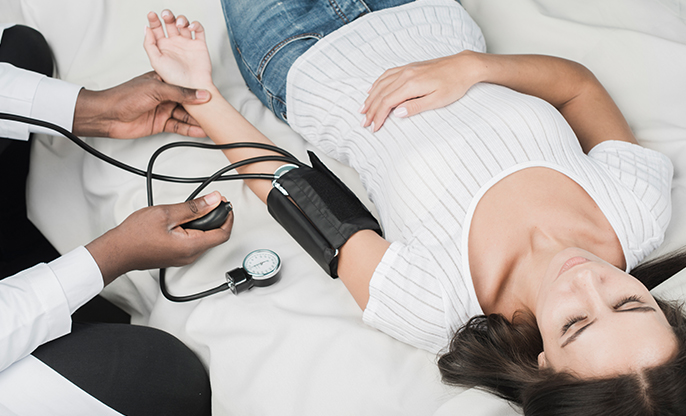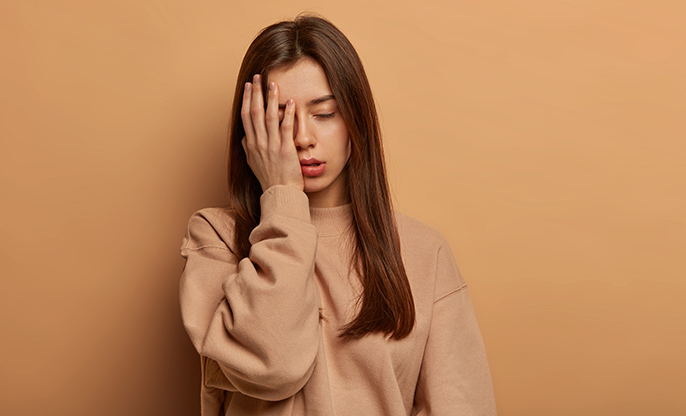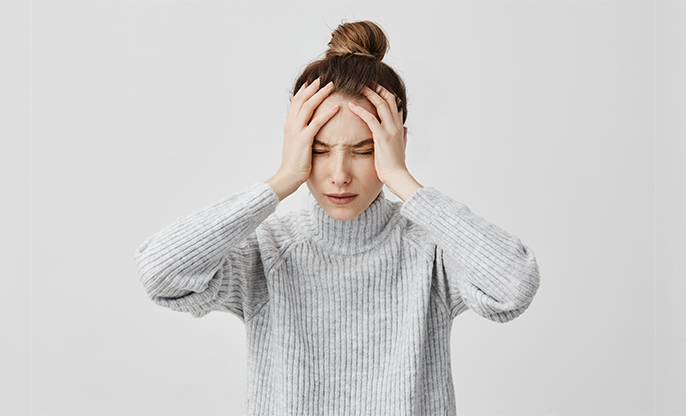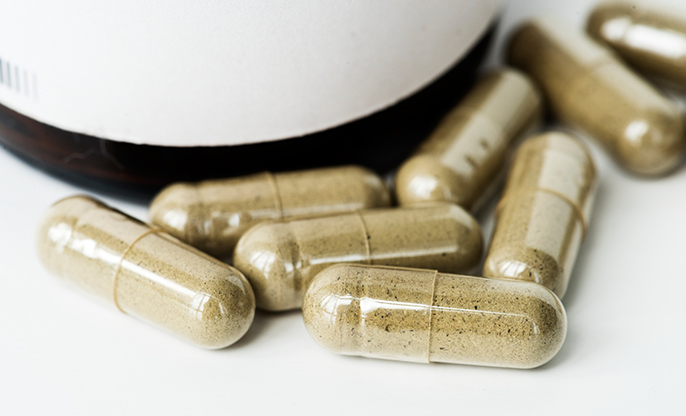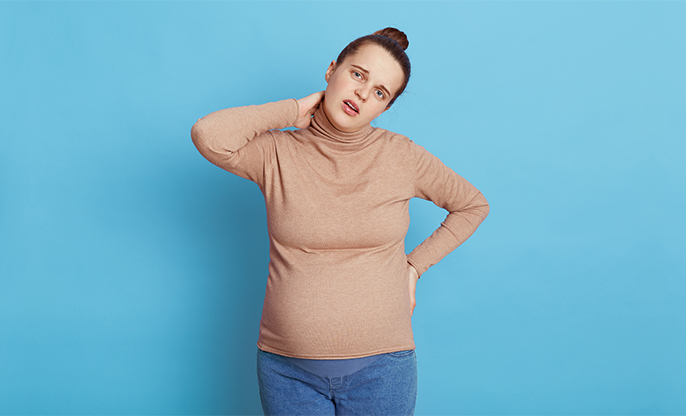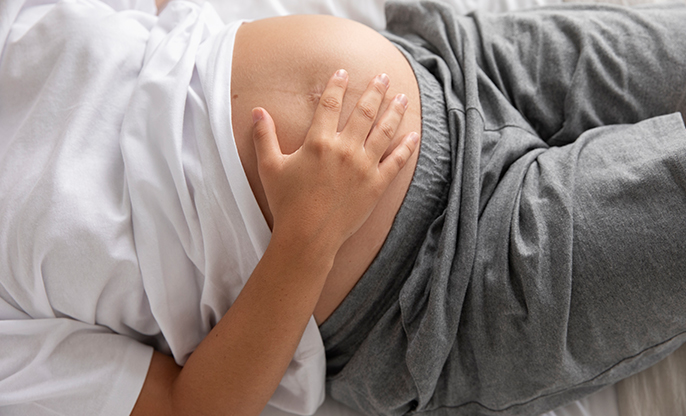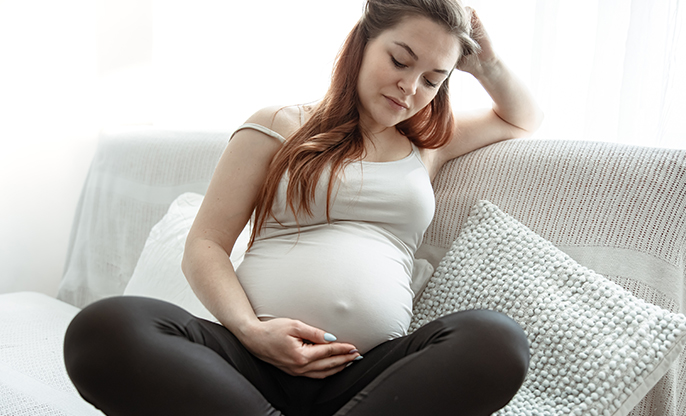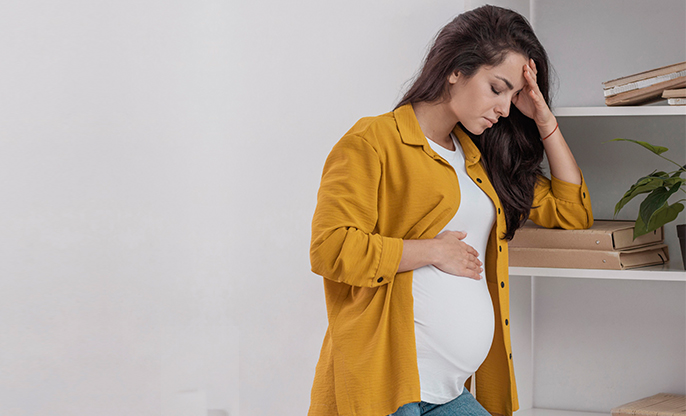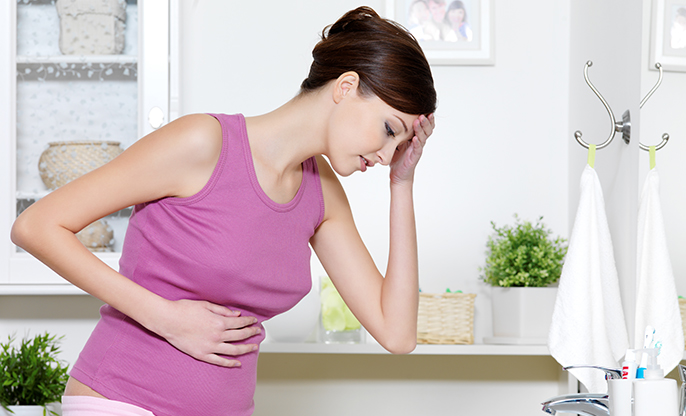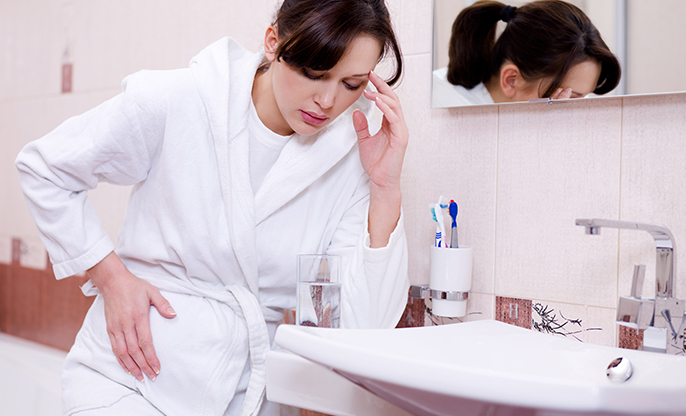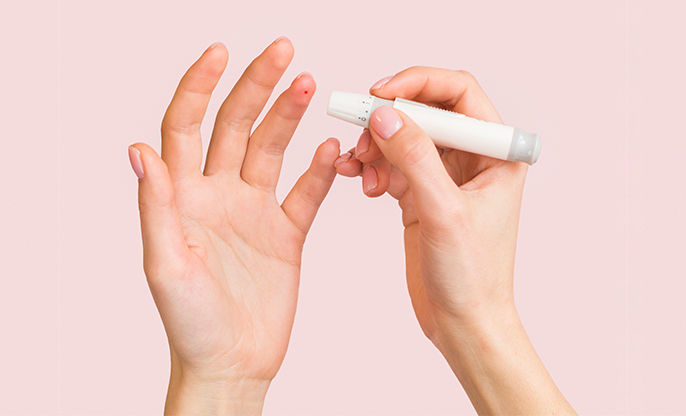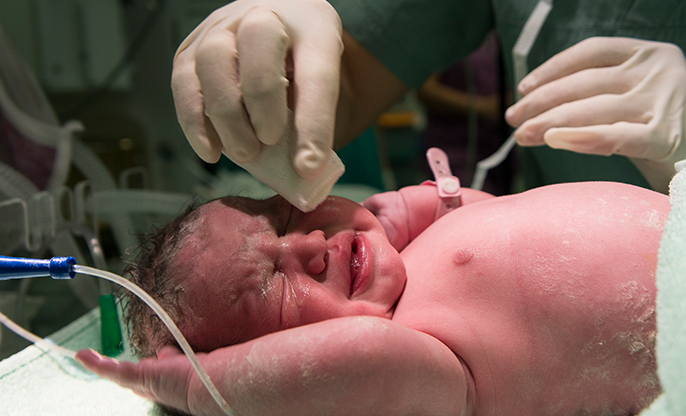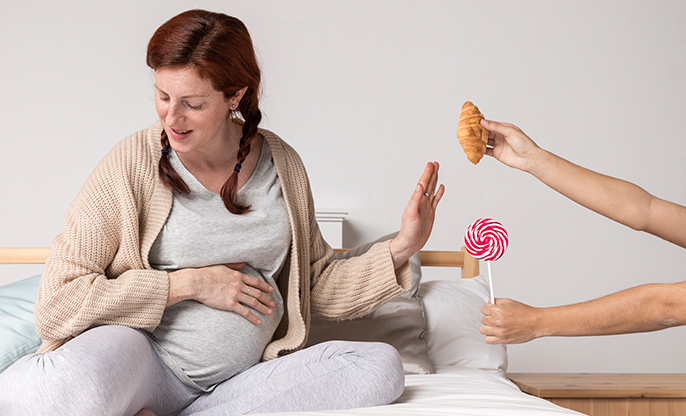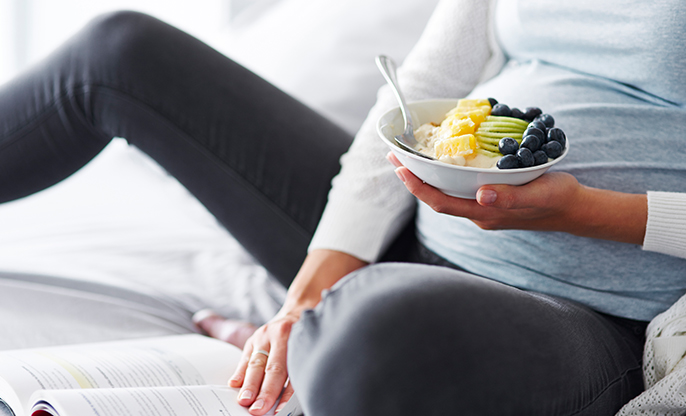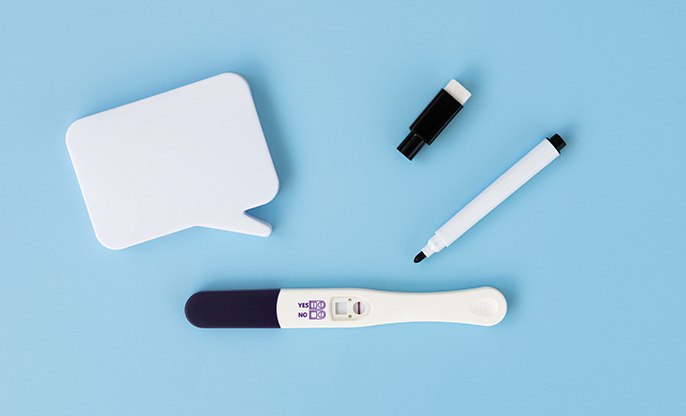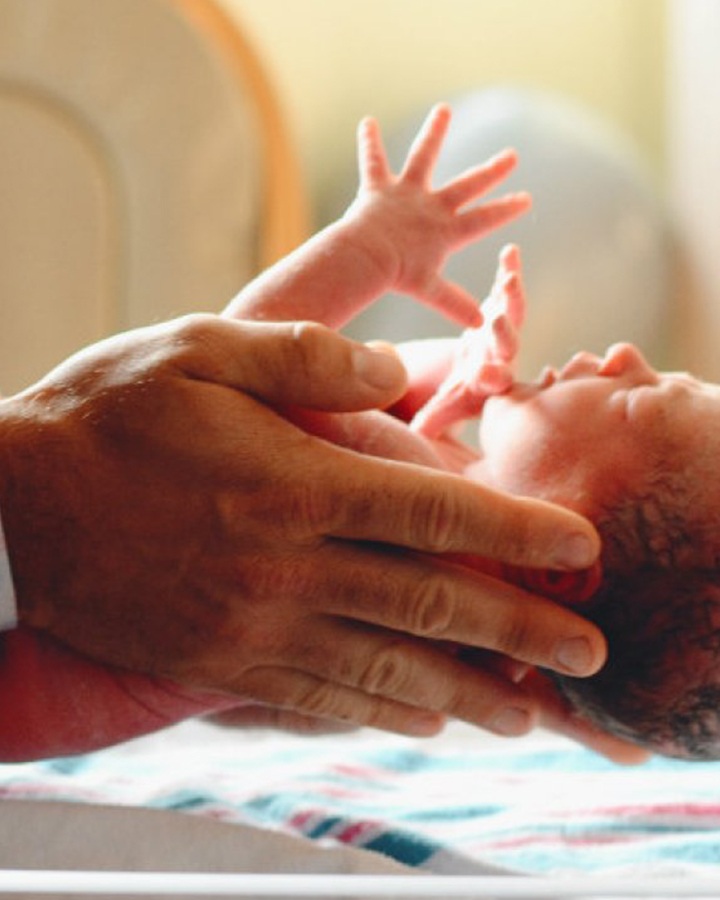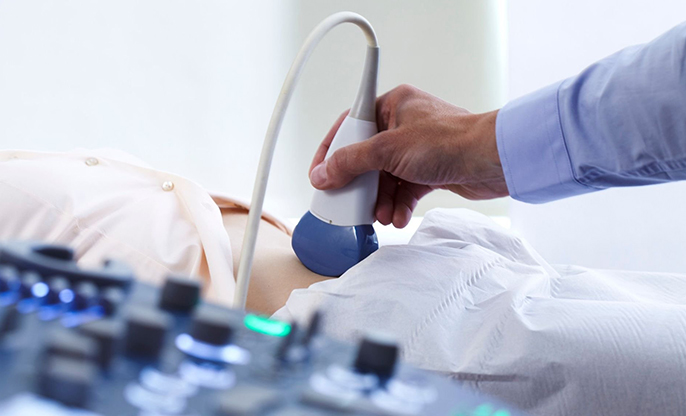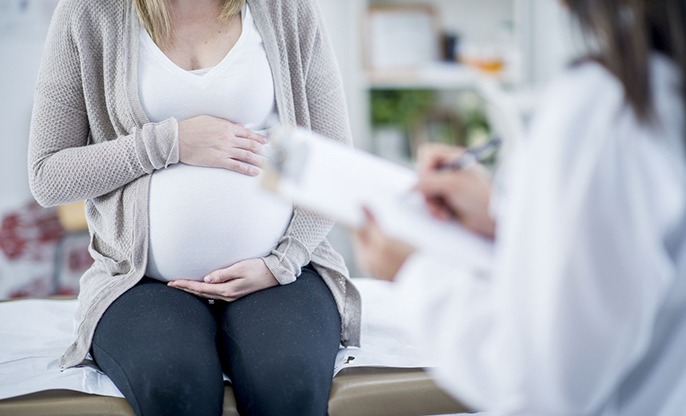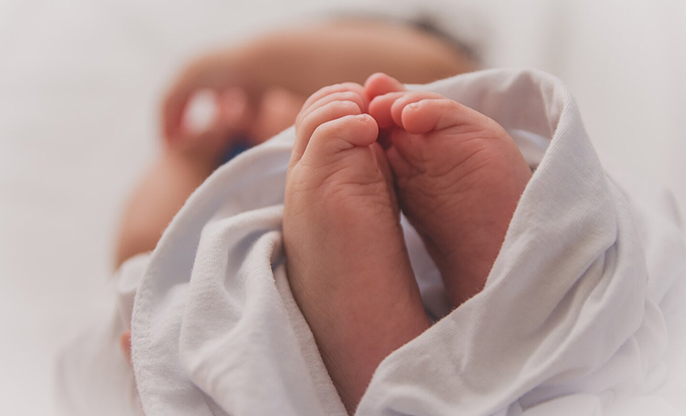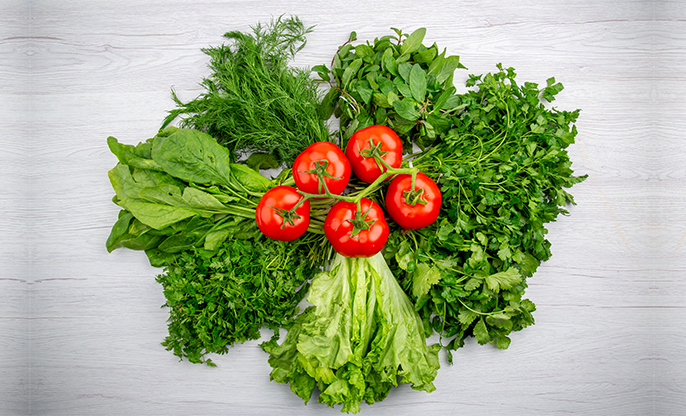
Iron is essential for the pregnant woman and fetus because it transports oxygen throughout the body. Adding extra iron to the diet can improve general health and help prevent physiological anemia or iron deficiency. Iron helps carry out growth, development, synthesis of hormones, energy production, and boosts immunity.
A protein called hemoglobin has almost 65%
of the body's iron content and transports oxygen to cells in different body
parts. On the other hand, a small amount of iron is also present in the protein
Myoglobin, which carries oxygen to various muscles providing muscles the energy
for physical activity. In this article, let's understand self-care to support
iron intake through iron-rich diets and different ways to increase iron
absorption:
The first step to supplement the diet with
iron-rich foods is altering your diet to include many iron-rich meals in your
daily routine. The foods rich in iron are:
●
Beans
●
Lentils
●
Nuts
●
Liver
●
Seafood
●
Eggs
●
Lean meat
●
Soya
●
Molasses
●
Chicken
●
Seeds
●
Breakfast cereals fortified
with iron
●
Tofu
●
Dried fruits such as
figs, prunes, and apricots
●
Dark-green leafy
vegetables such as kale, parsley, watercress, spinach, broccoli, asparagus,
seaweed, etc., are also excellent sources of iron for vegetarians and
non-vegetarians; thus, they should be a part of the diet.
Iron
utensils:
In olden times, people used iron utensils to
cook food. Iron seeped into the cooked food and cared for the body's iron
demands. Today, iron vessels are again back in the league and used in plenty to
cook meals.
What
can we do to increase iron absorption?
Some certain beverages and foods reduce the
absorption of food:
Tannins:
According to researchers, tea contains
tannins that hamper the absorption of iron. But surprisingly, iron status is
affected by tannins only in adults with low iron stores, say some researchers
though there is no proof. But the health care worker advises that to improve
iron absorption, avoid taking tea immediately after a meal or with food.
Excessive tea intake is also not recommended.
Vitamin
C or ascorbic acid:
Research also claims that foods rich in
ascorbic acid or Vitamin C help increase iron absorption. So try to include
foods high in Vitamin C with your iron-rich meal. You can do this easily by
eating a bowl of tomato, red, green, and yellow pepper salad with lentils or
chicken or taking orange juice with a meal fortified by iron.
Phytates:
Legumes, nuts, grains and Bran contain
phytates. These phytates can affect iron absorption and restrict several
nutrients if taken in large amounts. Soaking or fermenting the legumes before
consumption is a great way to increase iron absorption.
Vegetarian
V/s Non veg:
The body finds it easier to absorb iron from
fish, poultry, and meat than from plant sources. Thus, vegans and vegetarians
may face a higher risk of physiological anemia than non-vegetarians. Pregnant
women need at least 27 mg of iron daily, and after they deliver the baby, 9 gm
of iron is a must for them to take care of the baby's needs.
Usually, there is a balance between iron intake and the body's demand for iron. But if the need exceeds the intake, the body starts utilizing the iron stores. The iron gets used up, and the hemoglobin production falls, leading to an imbalance of the body's iron and physiological anemia. Be aware and take corrective measures in time.
